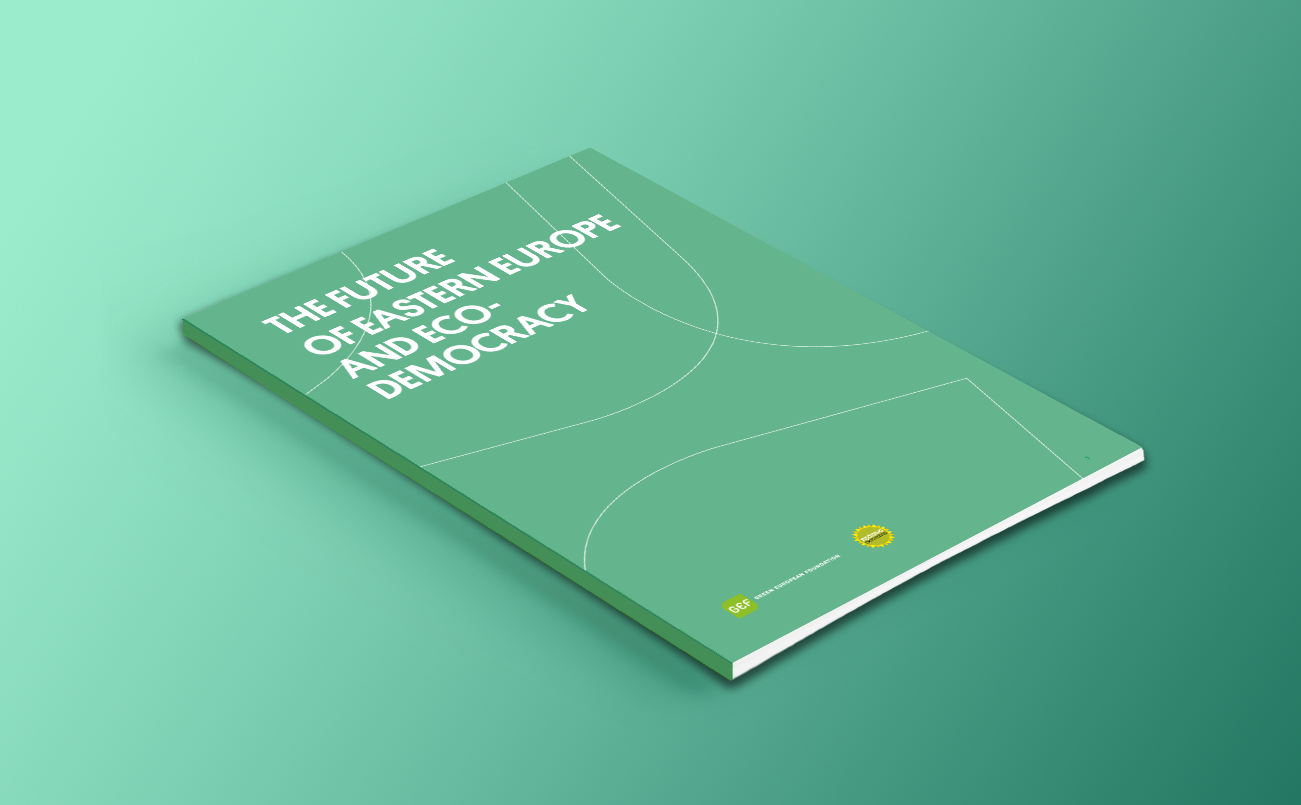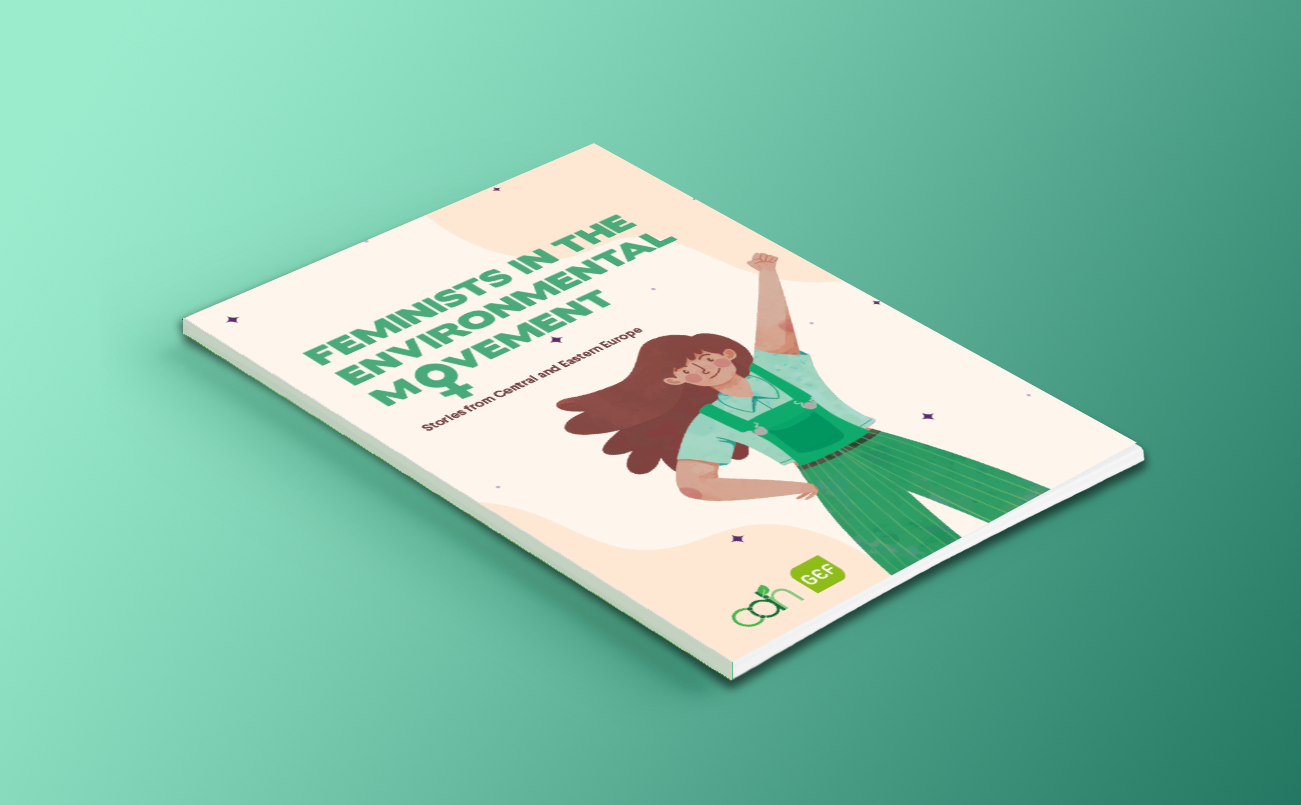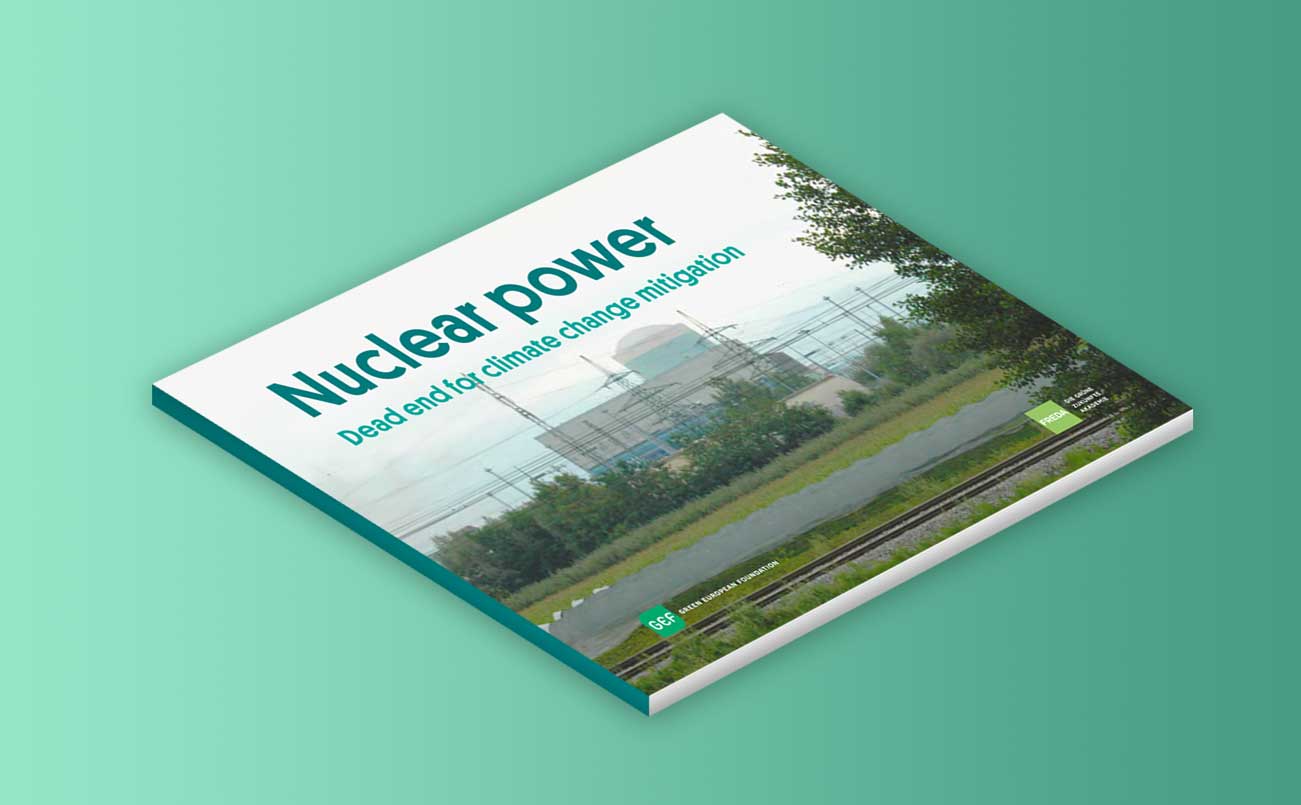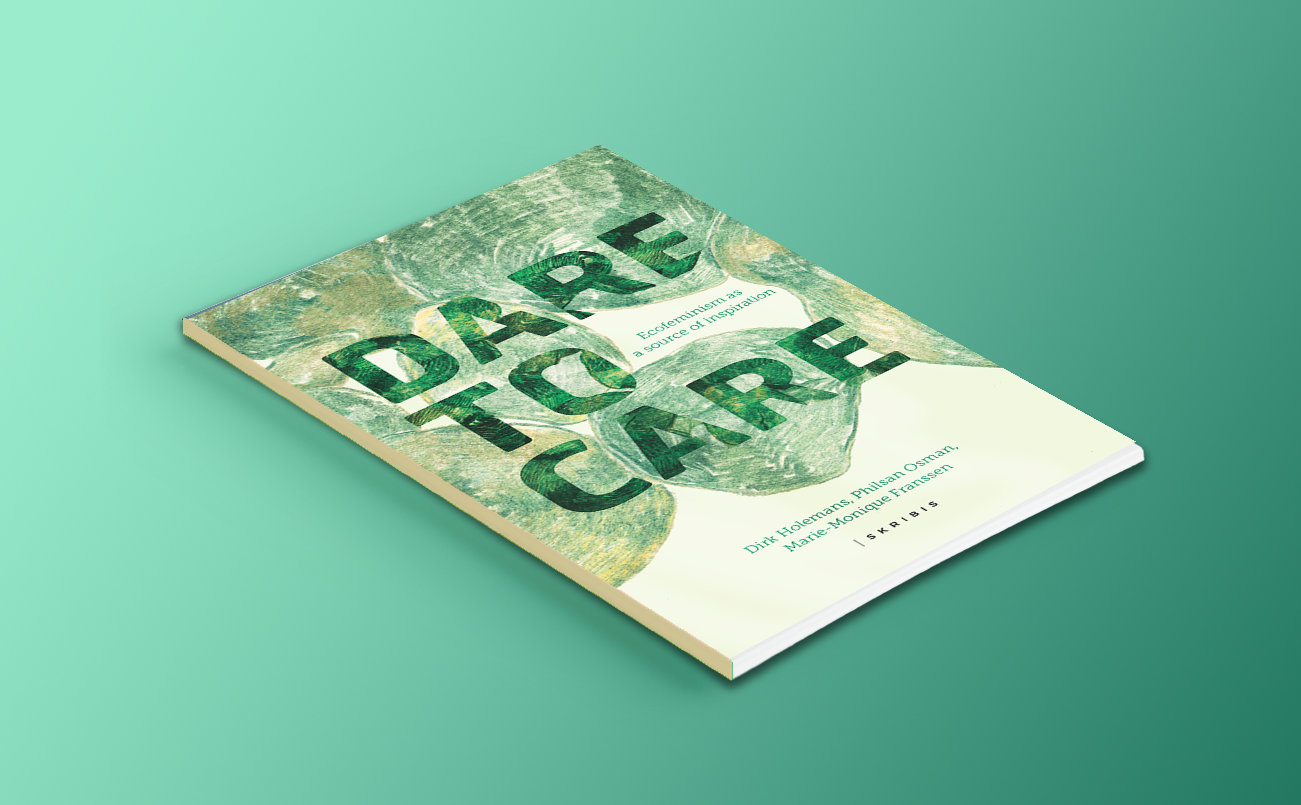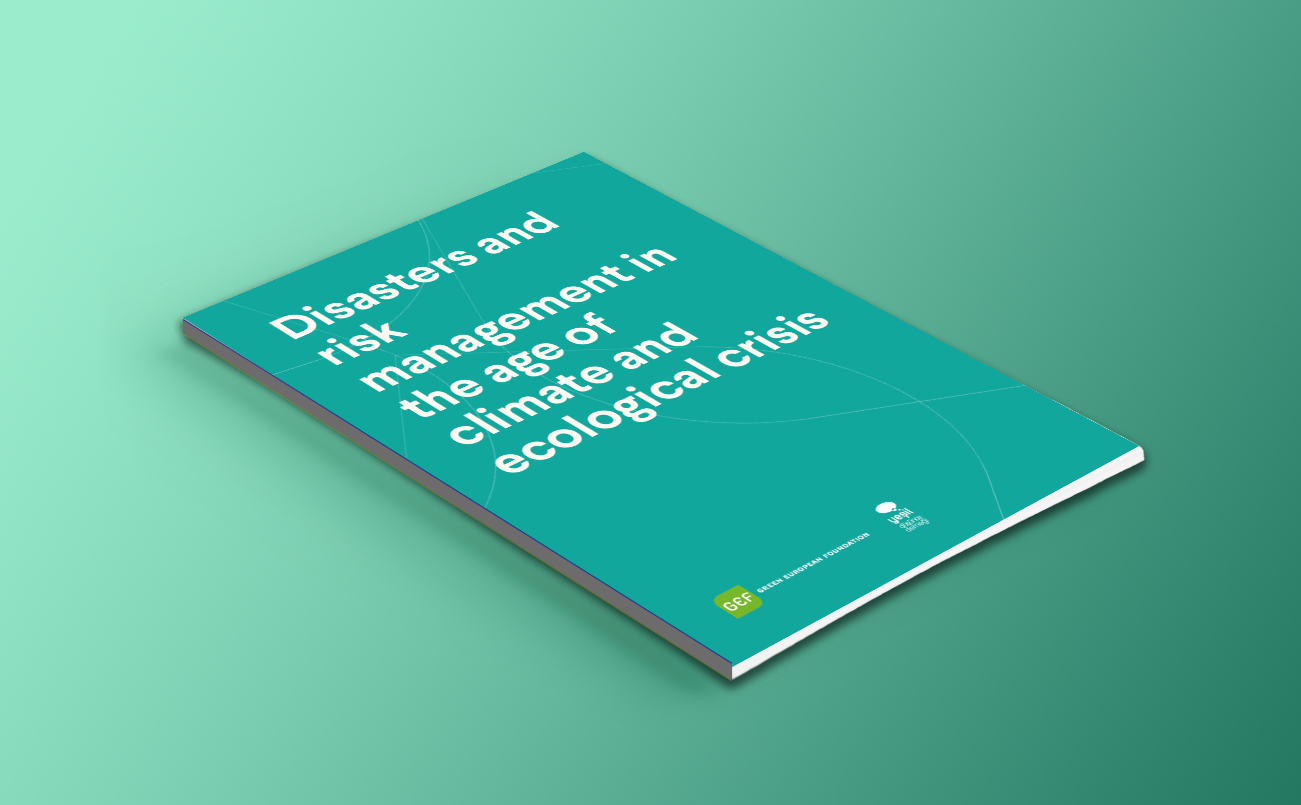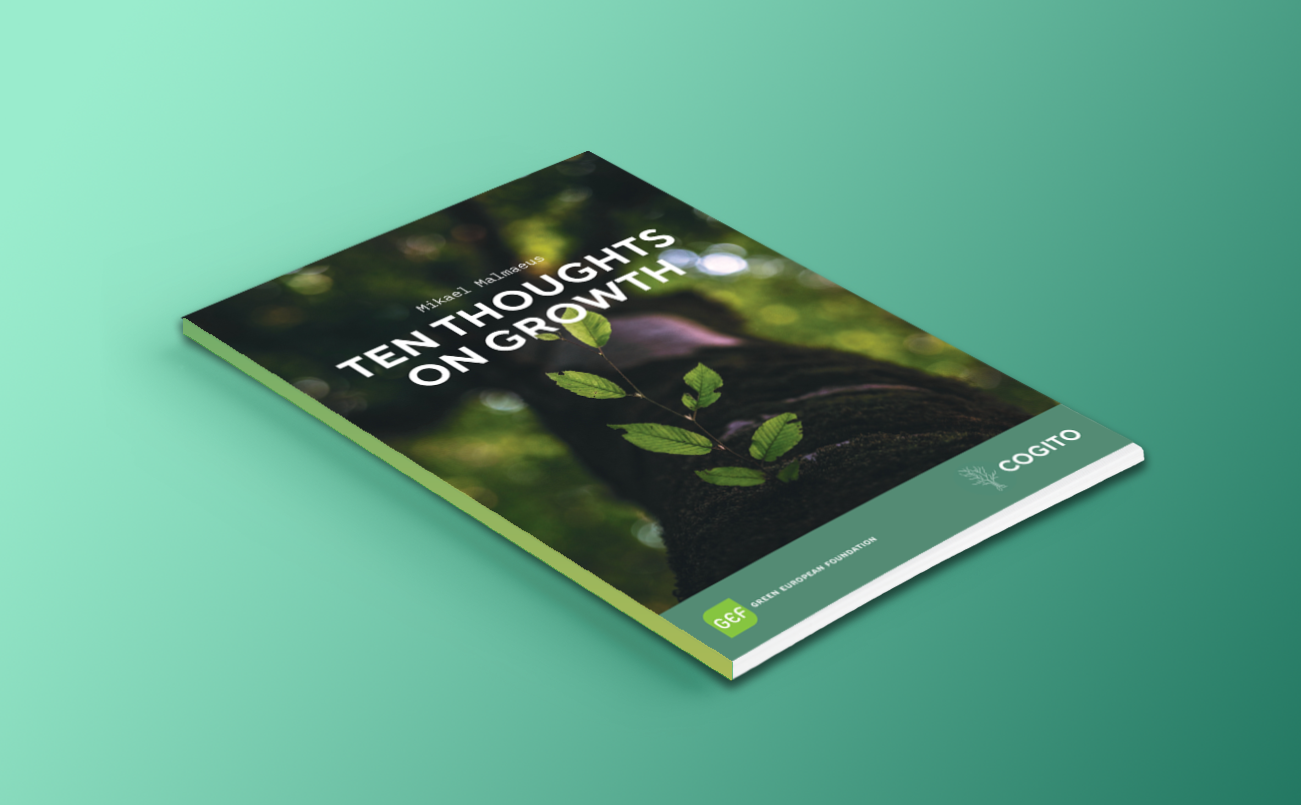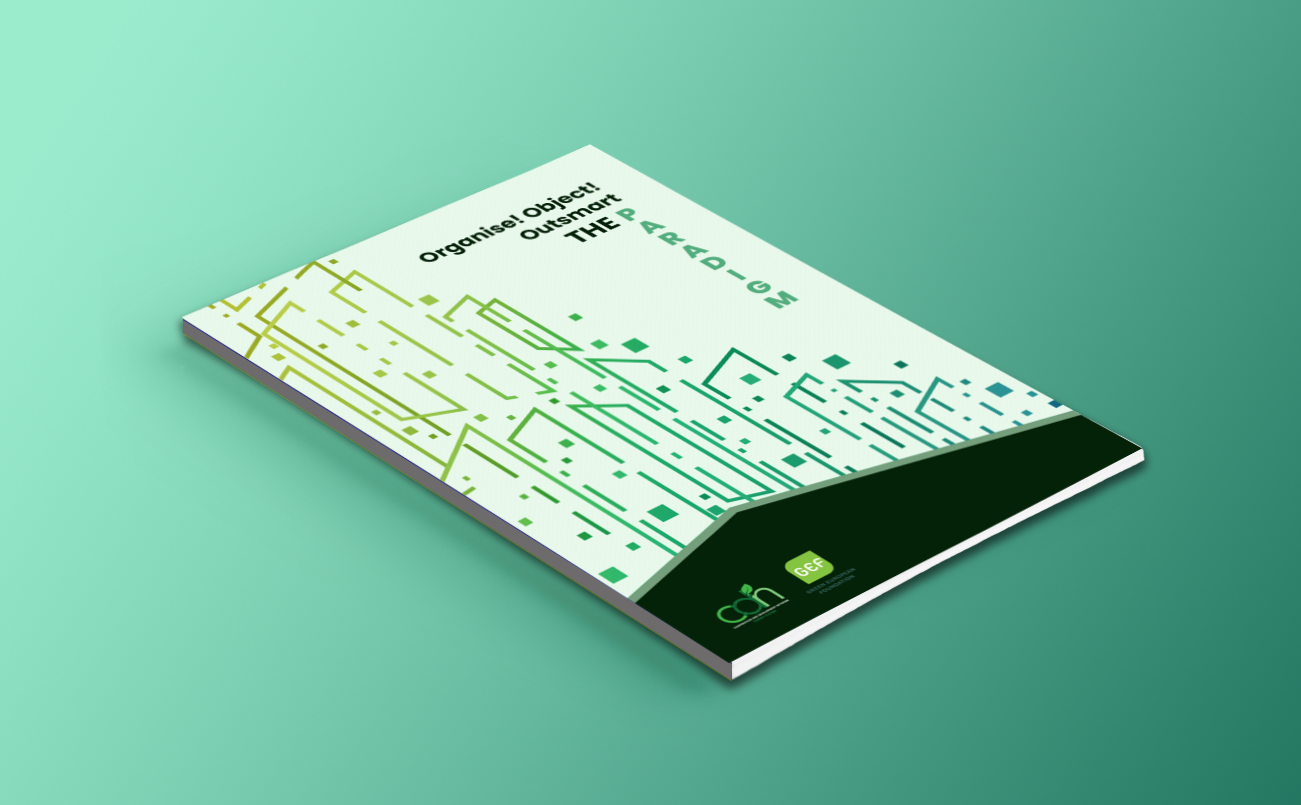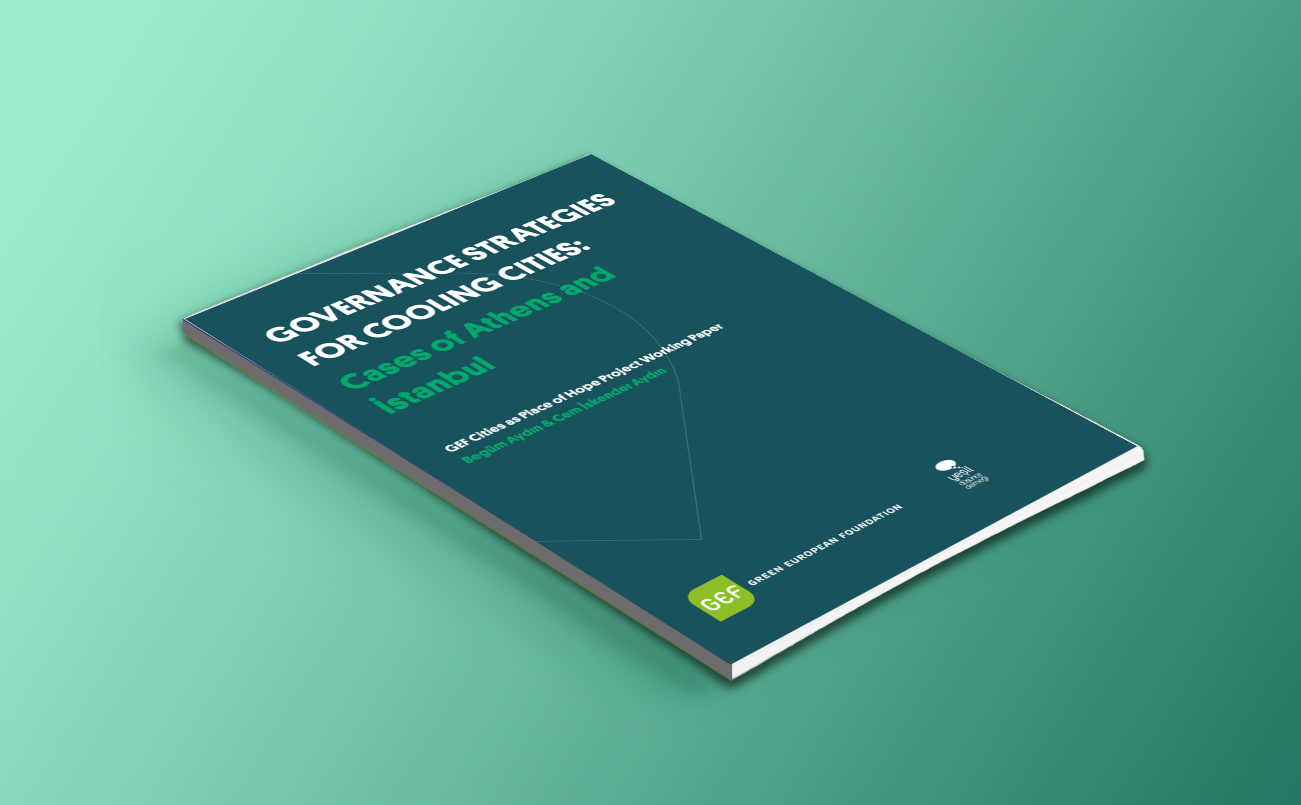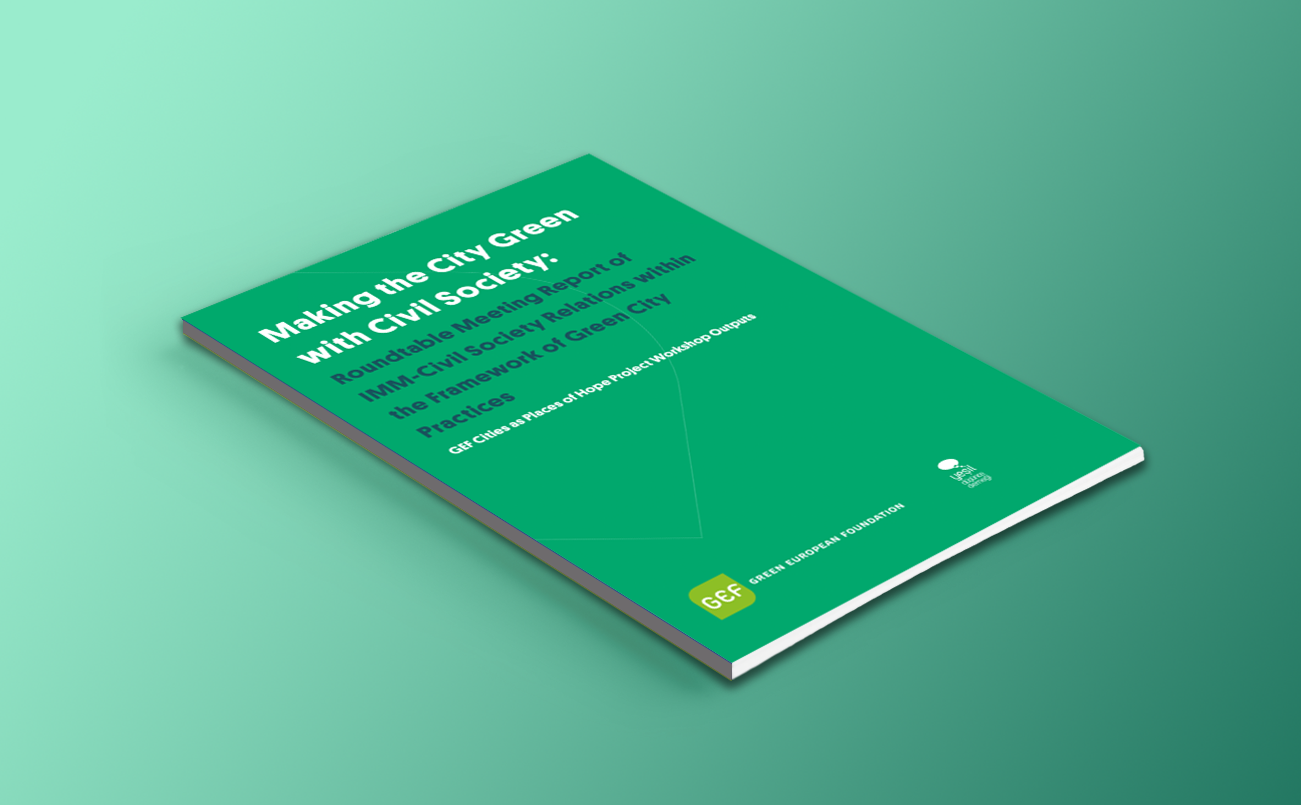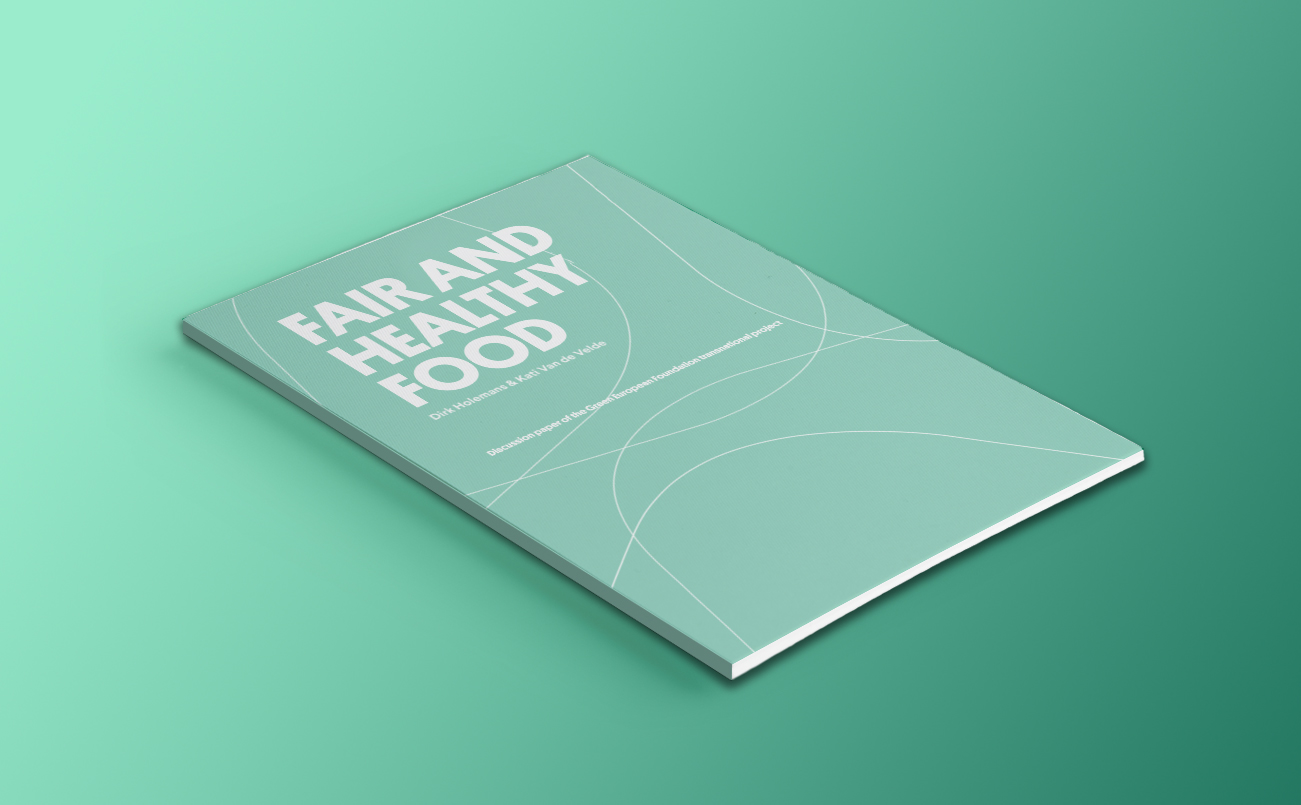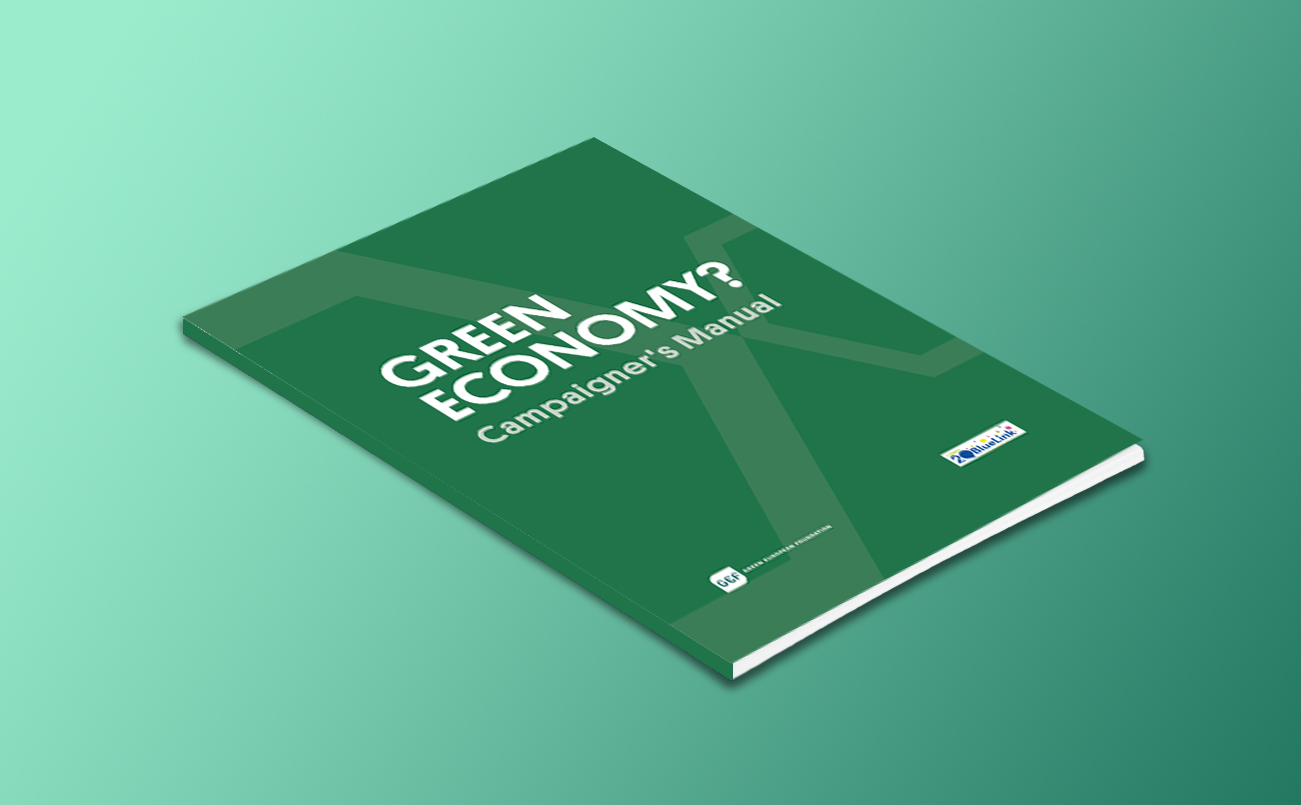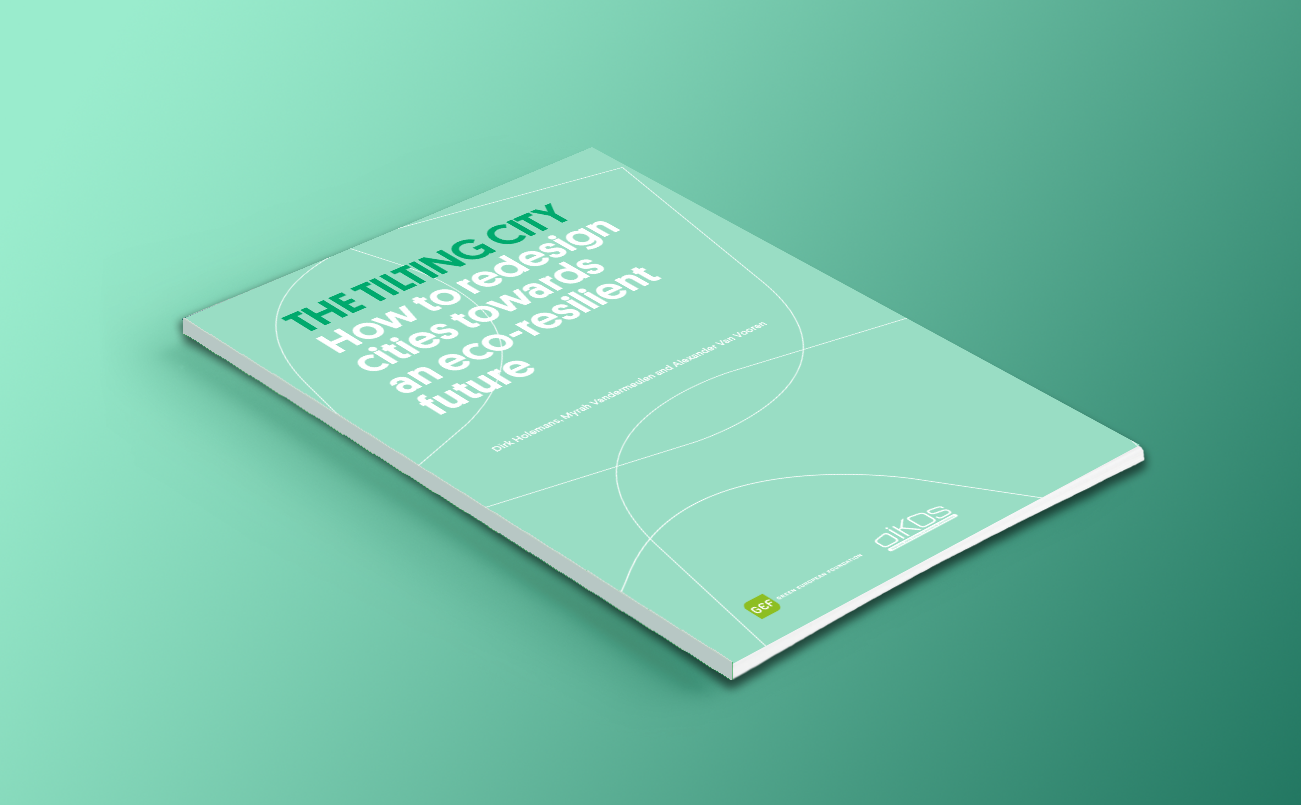
Context
Three out of four Europeans live in a city. Therefore, cities are essential to lead the transformation to a socially and ecologically just society. This radical change is more urgent than ever, as IPCC reports remind us: already 3.5 billion people are highly vulnerable to climate impacts. Different cities suffer from diverse ecological impacts and will be differently affected by climate change. And within cities, certain groups are more exposed to the effects of air pollution, noise, and extreme temperatures than others. Without thoughtful politics and policies, the most vulnerable will suffer the consequences. In this context, ecological justice is vital. Taking inequalities into account and repairing the damage to these people’s lives but also holding those most responsible for the climate crisis to account.
‘’When imagining cities, we for instance cannot lose sight of the farmer in rural areas feeding urban mouths, or the homeless person at the city centre bus station.’’
Objectives
This publication aims to draw an image of what the city of the future could look like. The authors show alternatives to the current urban models and how they can be future-proof. This text will hopefully serve as a valuable source of information and bring up new thoughts among citizens activist, policymakers and everyone interested in exploring ethical and ecological ways of living in cities in the 21st century.
Project Background
This publication is part of Cities as a Place of Hope project of the Green European Foundation. With this project, we aim to create a strong communication network and solidarity network that will enable access to information and policies by compiling experiences and needs on sustainable and green city governments and related policies together with green associations in different cities in Europe. In this study, making the city’s actors effective and visible in city policies is one of our biggest goals.
Dowload
Available in Turkish
Available in Polish
Available in Greek
This report has been realised by the Green European Foundation with the support of Oikos, Green Though Association and the financial support of the European Parliament to the Green European Foundation. The European Parliament is not responsible for the content of this publication.

